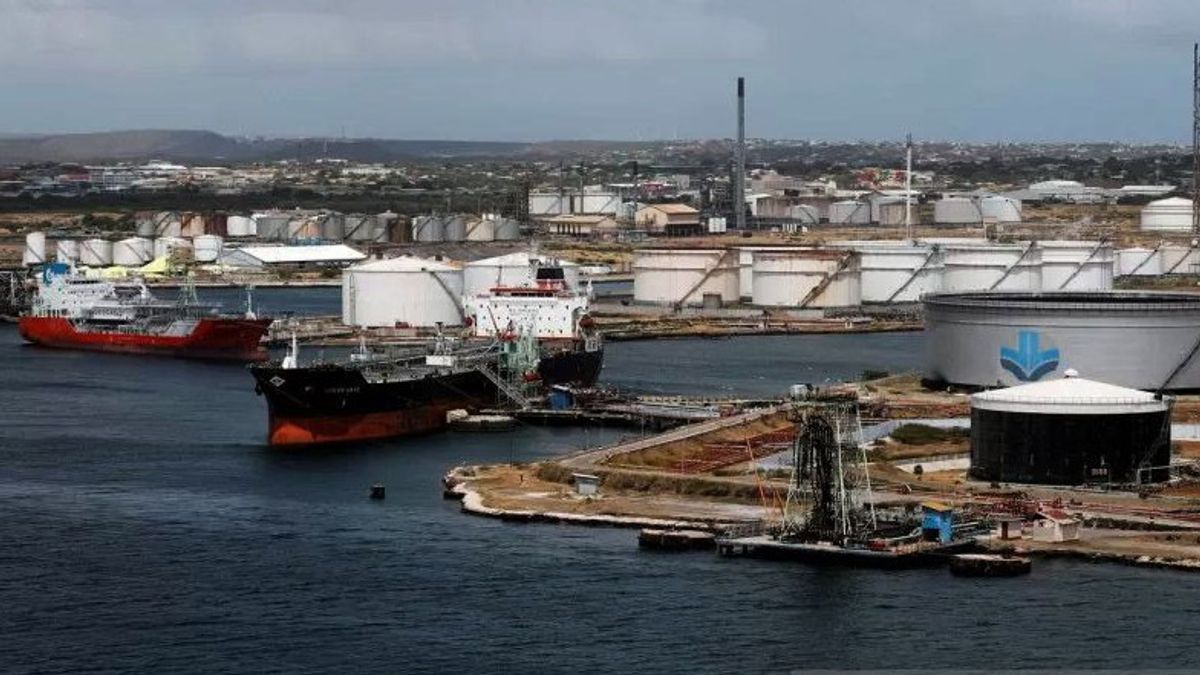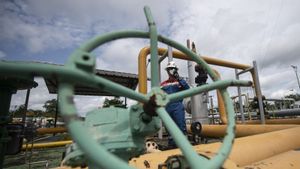NEW YORK - Oil prices rose in late trading Tuesday, with global benchmark Brent crude surging to $80 a barrel, the highest since November, as OPEC+ agreed to stick with its hike plan for February based on indications that the Omicron coronavirus variant will only have a mild impact on demand.
Brent crude futures for March delivery rose 1.02 dollars, or 1.3 percent, to settle at 80 dollars a barrel, almost returning to levels on November 26 when reports of a new variant first emerged, triggering a more than 10 percent drop in prices on that day.
The U.S. West Texas Intermediate (WTI) crude futures for delivery added 91 cents, or 1.2 percent, to close at 76.99 dollars a barrel. "The oil market is bullish today as a result of the optimism stemming from today's monthly OPEC+ meeting, which is helping oil prices trade higher," said Rystad Energy head of oil markets, Bjornar Tonhaugen.
OPEC+, which consists of the Organization of the Petroleum Exporting Countries and its allies, agreed to stick to a plan to increase oil production by 400.000 barrels per day (bpd) in February.
His decision reflected easing concerns over a large surplus in the first quarter, as well as a desire to provide consistent guidance to markets.
Crude stockpiles in the United States, the world's top consumer, are expected to fall for a sixth straight week, analysts polled by Reuters expected ahead of weekly industry data due at 2130 GMT, followed by a government report on Wednesday.
The White House welcomed OPEC+'s decision to continue increasing production which would help facilitate the economic recovery, a spokesman said. "It seems the market is betting that Omicron is the beginning of the end of COVID-19," said Scott Shelton, energy specialist at United ICAP.
In the UK, people hospitalized with COVID-19 generally show less severe symptoms than before.
While in France, the finance minister said some sectors were being disrupted by the fast-spreading surge in the Omicron variant, but that there was no risk of "crippling" the economy and stuck at a forecast of 4.0 percent GDP growth in 2022.
Global manufacturing activity remained strong in December, suggesting Omicron's impact on production has lessened.
SEE ALSO:
However, analysts warn OPEC+ may have to change tack if tensions between the West and Russia over Ukraine flare up and hit fuel supplies, or if Iran's nuclear talks with major powers make progress, which would lead to an end to oil sanctions on Tehran.
"We think these two events represent major wildcards that could quickly change price trajectories and test OPEC's quick response mechanisms," RBC analysts said in a note.
The US State Department said talks with Iran had shown moderate progress and that the United States hoped to resume them this week.
Libyan output is likely to be around 500.000-600.000 bpd lower in the coming weeks, more than offsetting the planned monthly increase in OPEC+ production, Caroline Bain, chief commodities economist at Capital Economics, said.
Libya's state-owned oil company said on Saturday (1/1/2022) oil production would reduce by 200.000 barrels per day for a week due to maintenance on the main pipeline, adding to the disruption two weeks ago after militias blocked operations at the Sharara and Wafa oil fields.
However, Bain said Capital Economics remains of the view that as OPEC+ continues to increase production in the coming months and normal demand growth, oil prices will be under pressure. Capital Economics estimates that by the end of 2022 Brent crude will be only USD 60 per barrel.
The English, Chinese, Japanese, Arabic, and French versions are automatically generated by the AI. So there may still be inaccuracies in translating, please always see Indonesian as our main language. (system supported by DigitalSiber.id)





















